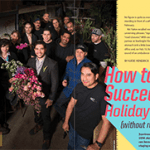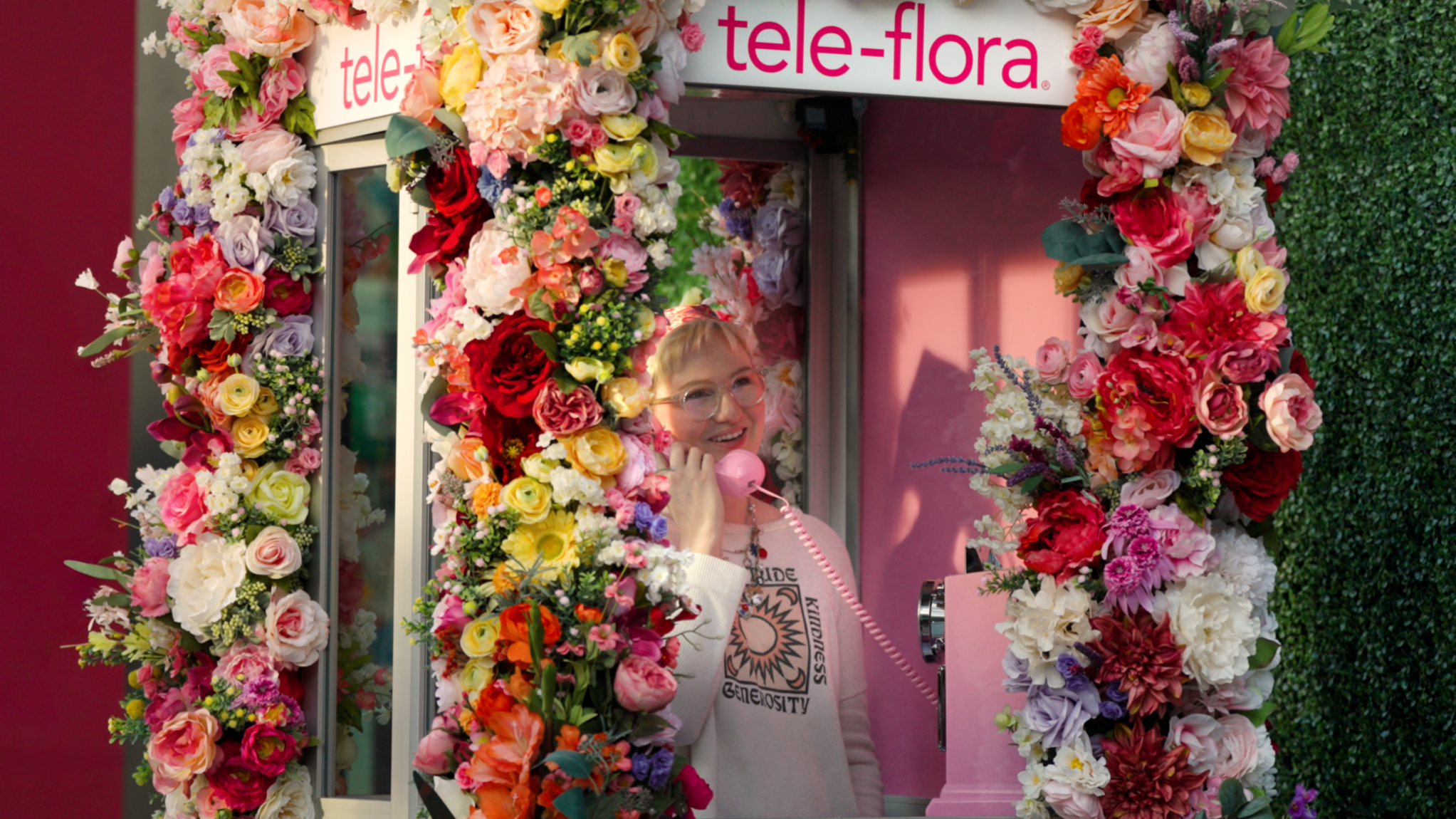
One of the images featured in a new Westin Hotels & Resorts ad campaign. The effort acknowledges the potential downsides of travel upfront.
According to The New York Times, companies, including high-profile brands such as Westin Hotels & Resorts, are working to win over consumers by “acknowledging negativity” associated with the product or service they are selling. Doing so, said Derek Rucker, a professor of marketing at Northwestern University’s Kellogg School of Management, can make companies seem more “credible.”
“It can actually be a strategy to disarm consumers,” Rucker explained. “When you represent some of the potential negatives of a product or service, that actually makes me feel as if I’m better informed.”
That’s the logic behind a Westin ad campaign that leads with something customers already know, that travel can be “cramped, hectic or disappointing.” The solution: A Westin trademark Heavenly Bed and a dip in a resort pool — antidotes to all that stress, artfully captured in photos in the ads.
That second part is key to this approach, experts say. Acknowledge the perceived downsides and then position your business as the place for solutions — and, in the case of Valentine’s Day, the place to find a unique, memorable gift that will help a customer express heartfelt, genuine emotions to someone special on a special day, at a great value and without any stress.
Other examples of the approach in action:
- HomeAway reprised a campaign it began a year ago that featured “travelers inunpleasant or awkward situations on vacation — tweaking traditional hotels and, with its depictions of partly clothed and poorly groomed hosts, its rival Airbnb.” (One of the ads features a bar of soap covered in someone else’s hair — yuck.)
- Hilton Hotels & Resorts began a campaign last year “centered on the catchphrase ‘Stop clicking around.’ Ads show people frustrated as they peck away online, looking for the best price.”
- The Oregon Tourism Commission addressed people’s fear of missing out on any event while on vacation with a campaign that “heralded the state’s outdoors activities — and then reminded visitors that just relaxing is O.K., too. Video clips carried assurances like ‘There are all kinds of things you can do in Oregon, but you don’t have to do any of them’ and ‘Looking at things is an activity.’”






